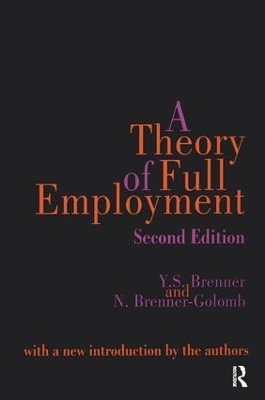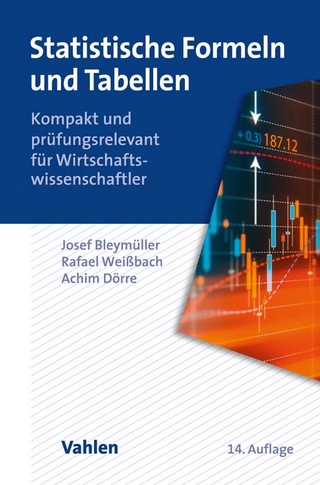In A Theory of Full Employment, Y. S. Brenner reviews the current drift toward a society he finds neither economically expedient nor morally attractive, and N. Brenner-Golomb discusses the risks involved for science and society in the newfangled sophism hiding behind post-modern ideas and "political correctness." Both authors emphasize the need to revive the public's political engagement and revise economic theory to restore to society the humane perspective that inspired the welfare state. They contend that if people will abandon outworn habits of thought, consider alternatives, and renew their political engagement, they may find useful employment for all who are able and willing to work and end the fear of destitution. Although scientists' philosophical backgrounds seldom influence their answers, they do determine their questions, and the final outcome can depend on this. Neoclassical economists are ill equipped to ask questions about the long-term dynamic processes of our complex economic reality. They leave out of their models variables not easily quantified and prefer mathematical precision to the study of the intricacy of life. Paul Samuelson, Robert Solow, and others have tried to overcome this by grouping self-adjusting elements into "proxy" variables, thus synthesizing neoclassical and Keynesian ideas. But most of today's critics of the ruling dogma go largely unheard. This volume is intended to convince professional economists who study the economic system as a whole to reexamine some of the assumptions behind reigning economic theories. A second objective is to explain to the general public why currently fashionable policies cannot solve massive long-term unemployment. Finally, it shows that if political engagement is revived, we may escape the economic morass and moral wasteland into which, the fashionable policies have been leading us since the 1970s. This book will appeal to economists, politicians, sociologists, and a wider public concerned about today's economic malaise.
Y.S. Golomb, Nancy Brenner-Golomb.
1. Introduction 2. The New Feudalism: Managerial Oligarchy 3. The New Market Structure: Globalization 4. The New Significance of Services 5. The Failure of the Neoclassical Synthesis 6. The Distribution of National Income between Investment and Consumption 7. Overproduction, Underconsumption, and the Business Cycle 8. Distribution: Some Methodological Observations 9. Distribution o f National Income between Strata of Society 10. Distribution between the Private and the Public Sector 11. The Problem of the “Social Welfare Function” 12. The Disintegration o f Western Civilized Society 13. Truth and Expediency: Some Introductory Philosophical Observations 14. Truth and Expediency: Some Philosophical Observations Concerning Science 15. Truth and Expediency: Philosophical Observations Concerning the Humanities 16. The Political Dimension 17. Conclusions



